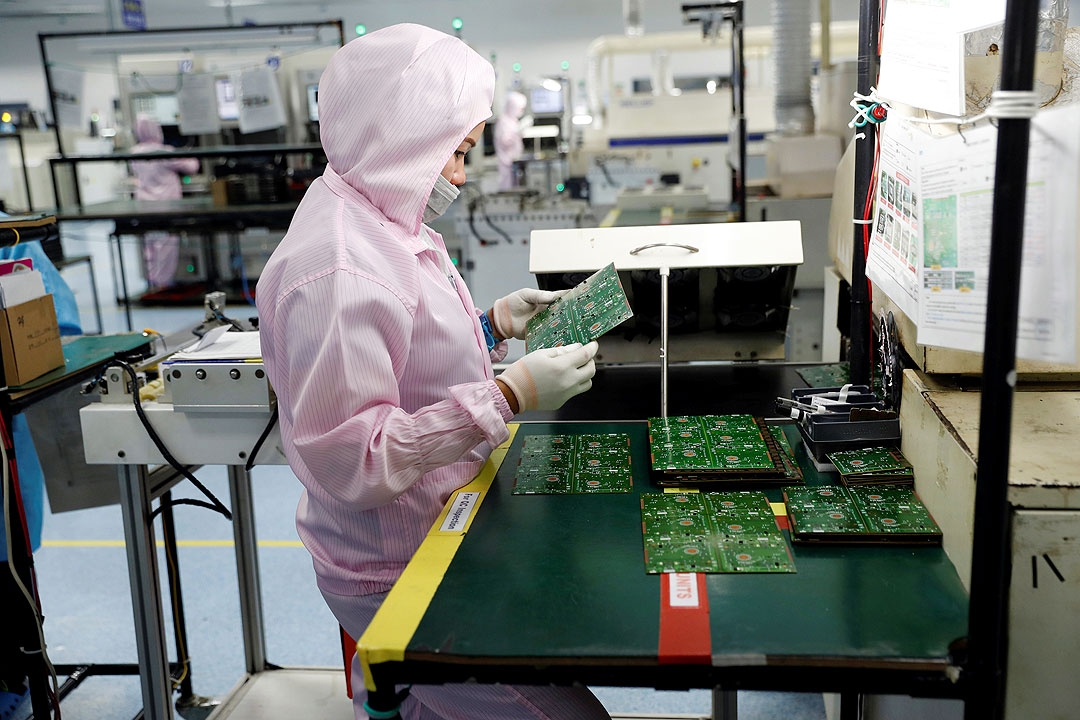Labor says manufacturing best bet for job creation

By John Victor D. Ordoñez, Reporter
THE GOVERNMENT needs to further support manufacturing to boost job creation and improve job quality, labor groups said.
“Only through industrialization can we push our economy to a higher level, create more productive and supposedly decent jobs and make it possible for us to realize full employment,” Josua T. Mata, secretary general of Sentro ng mga Nagkakaisa at Progresibong Manggagawa, said in a Viber message.
He was reacting to a May 16 Pulse Asia survey which indicated about 90% support for strengthening industry.
Some 61% of the respondents also supported more upskilling and reskilling programs for workers, while 50% backed more incentives to remain competitive with other countries.
“We (also) believe that the manufacturing sector will generate more livelihood opportunities and quality jobs,” Jose G. Matula, president of the Federation of Free Workers (FFW), said in a Viber message.
Mr. Matula said the government should embrace technology that raises manufacturing productivity, such as automation and artificial intelligence.
Mr. Matula proposed tax breaks and subsidies to encourage domestic and foreign investment in manufacturing.
“A robust industrial policy concentrating on the revival of the home-grown manufacturing industries and development of the agricultural sector is a step in the right direction for the economy,” Renato B. Magtubo, chairman of Partido Manggagawa, said in a Viber message.
Stratbase ADR institute President Victor Andres C. Manhit on Wednesday called for the government to prioritize attracting manufacturing investment.
“We can sustain economic gains by being more focused on investment,” he said at a webinar on Tuesday. “Part of that is… to reinvigorate the manufacturing sector.”
Month on month, manufacturing employment grew by 102,000 jobs in March.
The jobless rate in March eased to 4.7% from 4.8% a month earlier. Job quality improved that month as the underemployment rate — a measure of workers seeking further employment or longer hours — fell to 11.2%, the lowest level in 18 years.
“FFW calls for continued investment in infrastructure development, including reliable power supply, efficient transportation networks, and well-equipped industrial zones, which are crucial for the growth and competitiveness of the manufacturing sector,” Mr. Matula said.



